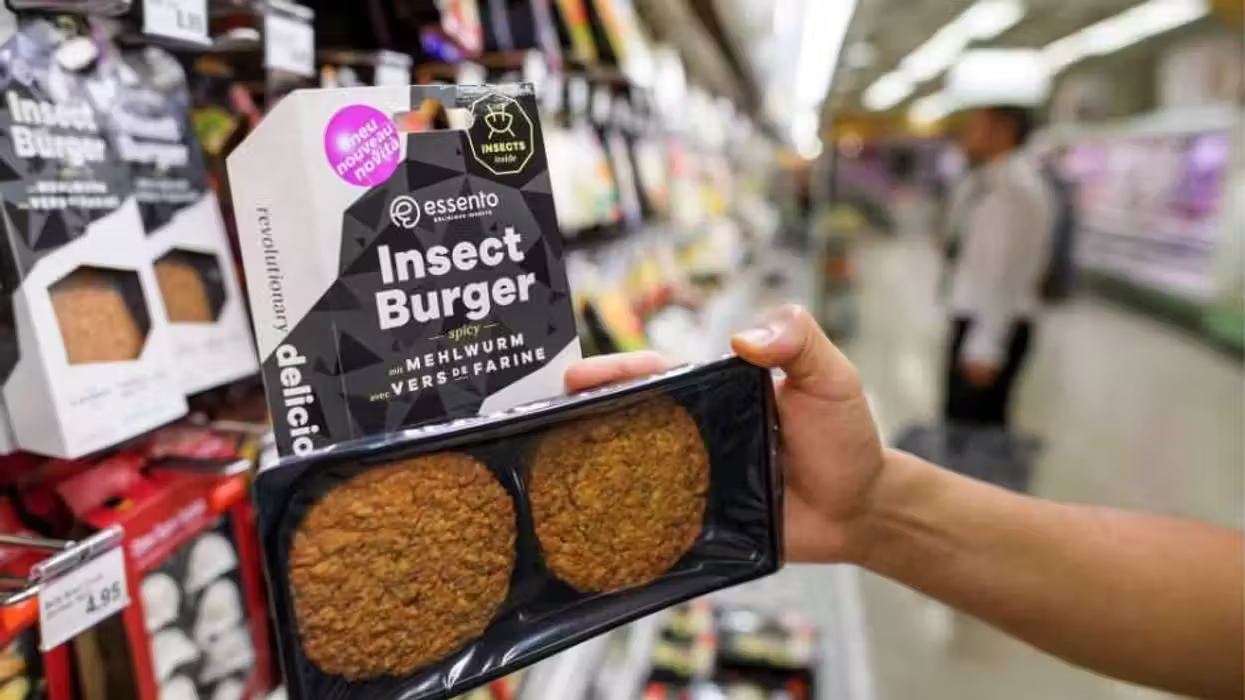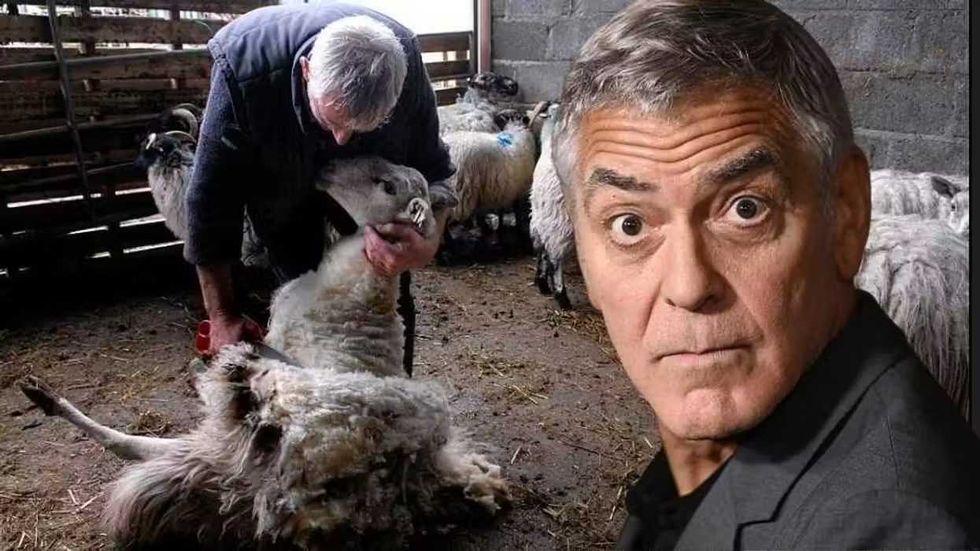
Fabrice Coffrini/Getty Images

Small slaughterhouses are being sent to the chopping block — and it's the consumer who suffers.
President Trump is right to turn his gaze toward the meatpacking industry. It’s one of the dirtiest businesses in America — not just in hygiene, but in habit. I grew up around beef cattle, familiar with the blood and bone that keep this machine alive.
What was once a farmer’s trade has become a monopoly’s empire. Four corporations now control nearly 85% of U.S. beef processing. They set the prices, squeeze the ranchers, and pass the pain to consumers — all while preaching “market efficiency,” that modern hymn for exploitation.
When the men who raise the cattle can’t afford to eat steak and the companies that kill them post record earnings, something stinks — and it isn’t the beef.
The transformation wasn’t sudden. It crept in, one merger at a time, one farm foreclosure after another. The local slaughterhouse — once a fixture of every rural county — vanished, replaced by sprawling steel citadels where flesh and spirit move down the same assembly line. The small family business that once sponsored Little League or donated to the parish fundraiser is gone, its name buried beneath a global brand logo. What remains is meat without meaning: shrink-wrapped, standardized, and severed from life.
The result is as dire as it is deliberate. Independent ranchers are being bled dry. Farmers sell out not because they want to, but because the alternative is bankruptcy. When four conglomerates dictate what you earn, what you buy, and what you eat, the free market ceases to be free — it becomes feudal. The serfs still wear denim and drive pickups, but they serve the same masters: corporate overlords with billion-dollar appetites and offshore addresses.
Consumers don’t fare much better. They pay more for lesser cuts, duped into believing the illusion of abundance. The supermarket shelves are full of choice, but the choice has already been made. The labels may differ, but the profits lead to the same boardrooms. When the men who raise the cattle can’t afford to eat steak and the companies that kill them post record earnings, something stinks — and it isn’t the beef.
RELATED: 'Farmer' George Clooney wouldn't last a minute with my family's sheep

The story is no different across the Atlantic. In Europe, the meat trade has been quietly butchered by the same corporate cleavers. Small abattoirs — the lifeblood of rural France, Ireland, and Spain — have disappeared beneath the weight of regulation and consolidation. What used to be an honest trade of handshakes and hanging carcasses is now ruled by faceless conglomerates answering to Brussels and shareholders in Frankfurt. The European Union speaks loftily of “sustainability,” but its policies have done more to sustain monopolies than livelihoods.
Ask a French farmer about EU policy, and you’ll get a shrug somewhere between despair and disgust. In Ireland, cattle farmers — men like my father, who once fed nations through famine and war — now feed debt. In Germany, abattoir workers live in company dorms, shipped in from Eastern Europe to keep costs down. The romance of the pastoral has been replaced by the cold arithmetic of the spreadsheet.
Meanwhile, consumers are told to eat less meat “for the planet.” How convenient for the corporations that now sell the alternatives — lab-grown patties and insect protein, neatly packaged in recyclable guilt. They’ve found a way to profit from both sides of the moral ledger: first by monopolizing real meat, then by marketing its replacement. It’s a master class in hypocrisy and a catastrophe for the working class.
Trump’s decision to investigate the industry won’t fix a century of collusion overnight, but it is a long-overdue reckoning. For decades, Democrats and Republicans alike treated Big Meat as too big to question. The lobbyists wrote the laws, the lawyers buried the lawsuits, and the bureaucrats looked away. The result is a landscape where cattle ranchers depend on corporations that despise them and consumers rely on supply chains that could snap at any moment.
Food, the most basic human need, has become another instrument of control. When you own the meat, you own the man. Farmers used to raise herds; now they herd invoices and inspectors.
It’s tempting to believe that this system is simply broken. It isn’t. It works exactly as designed — to enrich the few and exhaust the many. The old rural ideal of self-reliance has been slaughtered on the altar of efficiency. What we are left with is a parody of plenty: full shelves, empty towns, and even emptier pockets..
Trump’s probe may not slay the beast, but at least someone is willing to pull back the curtain and show the nation what’s really being carved up. For decades, the Big Four packers have sliced the market to ribbons, fixing prices while farmers starved and consumers paid the bill. Now, for the first time in generations, there’s a man in power with the will to carve them up instead. Call it poetic justice: The butchers may finally find themselves on the block.
John Mac Ghlionn
Contributor